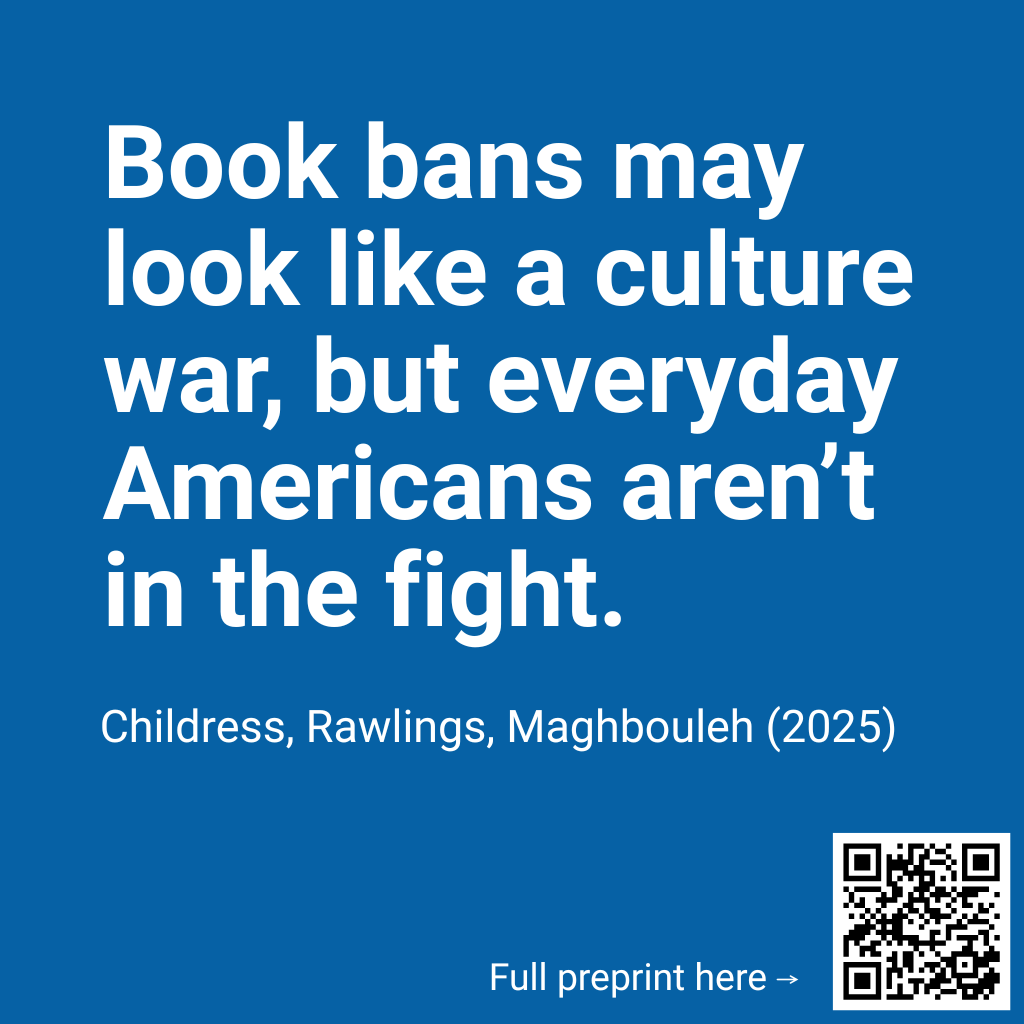
Jennifer Elrick
@jenelrick
Associate Professor of Sociology & Research Chair in Multiculturalism @McGillU. PhD @UofT. Tweets about migration and miscellany. English/Deutsch. Views my own.
ID: 2212929853
http://jenniferelrick.wordpress.com 24-11-2013 18:53:46
3,3K Tweet
1,1K Followers
1,1K Following



The hopeless search for Trump’s cunning plan via FT Opinion Janan Ganesh, Esq. on.ft.com/3EfmvOz













Our final event of the semester! Join us online on May 20th for Elections in Troubled Times: The 2025 Canadian Election in Historical Perspective, a free webinar feat. Ken Carty, Patrice Dutil, Tom Flanagan, David MacKenzie, and Barbara Messamore. Moderated by Jennifer Elrick




Dear Harvard University This is an unbelievably good idea. I don't think you will do it, but you should.







